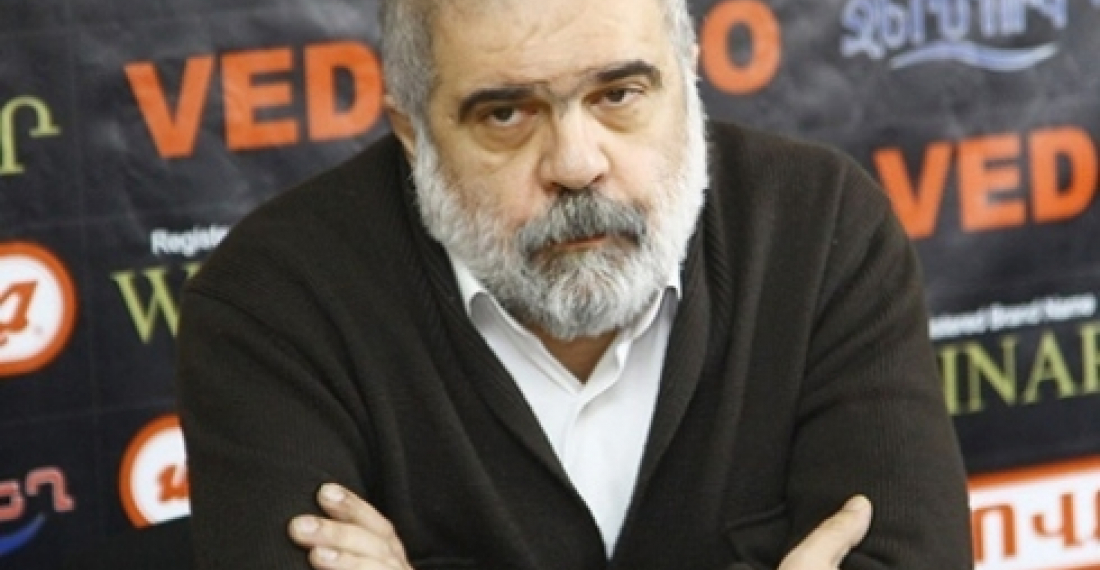Thanks to rights and wrongs of the ruling Republican Party of Armenia, the Orinats Yerkir party has found itself in the parliament of the 5th convocation, director of the "Caucasus" institute, political expert, Aleksandr Iskandaryan, told journalists today.
"The RPA doubted if it will be able to gain majority in the parliament. For this reason, it helped Orinats Yerkir Party (OYP) to gain more than 5% of votes. The OYP is not a traditional Armenian party, it is like Russian parties which were set up to support the majority in the parliament. It is obvious that in case of formation of the coalition in the new parliament, the OYP will join it", - Iskandaryan said.
He also added there is no doubt a new coalition will be formed. He also did not rule out formation of the two coalitions - between the opposition forces and the political forces which signed an agreement in 2011. The expert predicted that after publication of the results of the parliamentary election, some agreements will be signed and the "dead" summer season will come, which will be followed by the campaign before the presidential election. He said that unlike the parliamentary election, the campaign of the candidates for president will be more active and the voters turnout higher.







